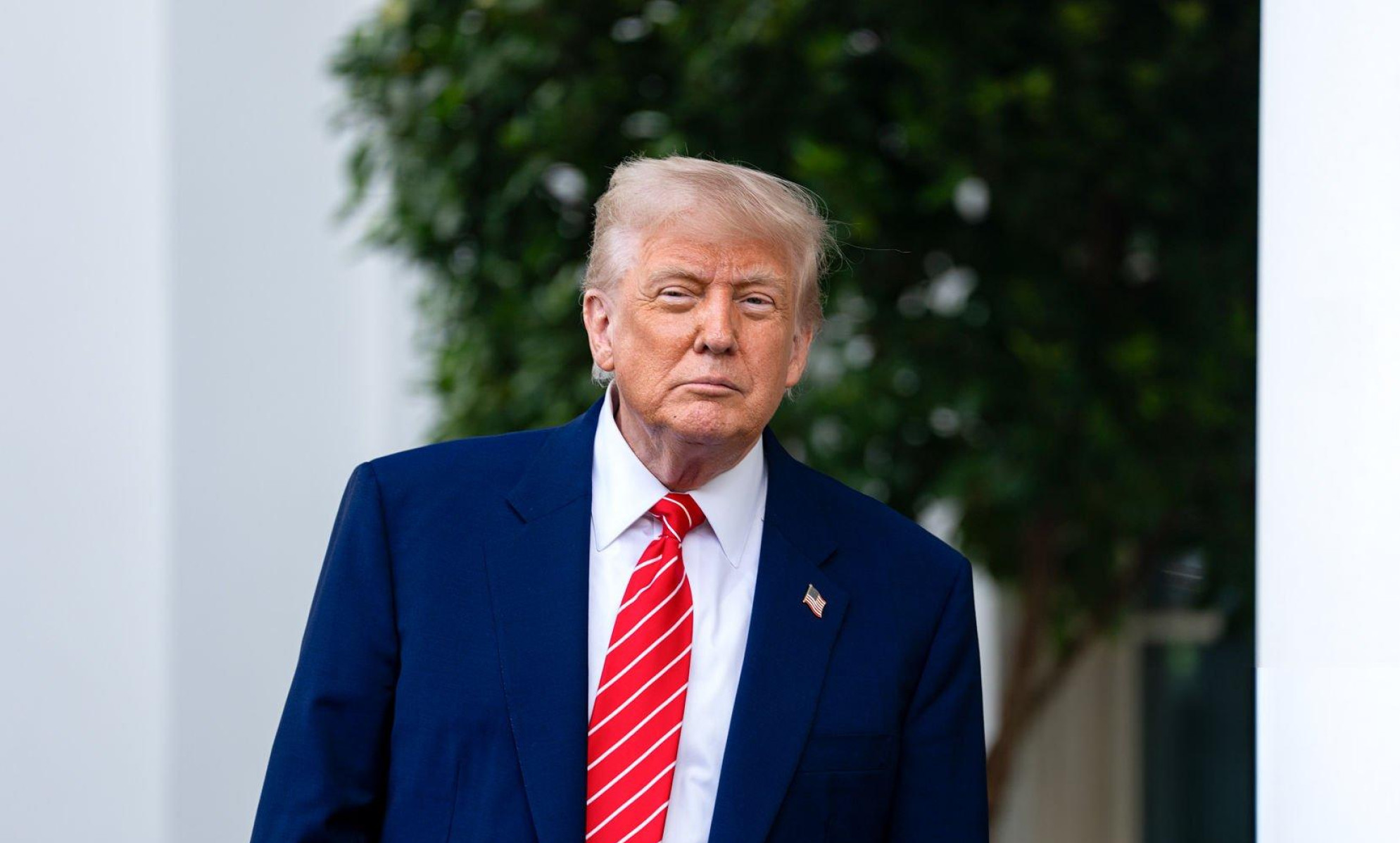In a controversial development that has sparked concern among legal experts and civil rights advocates, the administration of former U.S. President Donald Trump is reportedly considering suspending habeas corpus — a legal right enshrined in the U.S. Constitution which allows individuals to challenge their detention in court.
Stephen Miller, Trump’s influential deputy chief of staff, told reporters on friday that the government was “actively looking at” the possibility of suspending this fundamental liberty. Miller pointed to the constitution’s provision allowing the suspension of habeas corpus “in cases of rebellion or invasion” as legal justification.
The comments come amid an increasingly aggressive approach by the Trump administration to clamp down on undocumented immigration and foreign nationals perceived as dissenters. Courts in recent weeks have seen a number of habeas corpus challenges relating to detentions made under these new policies.
One high-profile case involved a Turkish university student who had been held for six weeks after publishing an article critical of Israel. A federal judge ordered his release, citing the individual’s constitutional right to due process. Similarly, another judge ordered the release of a Columbia University student who had been detained for his vocal advocacy for Palestinian rights.
Despite these rulings, not all judges have sided against the administration. Several courts have upheld the government’s actions, leading to a patchwork of legal interpretations.
Miller, a long-time architect of Trump’s hardline immigration policies, dismissed habeas corpus as a “privilege” rather than a right. He also claimed that congress had already passed legislation that limits the jurisdiction of judicial courts over immigration matters — a point that has been sharply contested by constitutional scholars.
Legal experts have raised alarm over Miller’s statements, arguing that such an interpretation undermines core principles of democratic governance and the rule of law. “The notion that habeas corpus is optional or subject to political convenience is deeply troubling,” one constitutional lawyer noted.
Trump’s broader immigration agenda, which has included promises to deport millions of undocumented immigrants, appears to be driving the renewed focus on limiting judicial oversight. The former president has expressed frustration over court injunctions that have stalled many of his administration’s deportation efforts.
In march, a federal judge blocked the administration’s attempt to invoke a centuries-old wartime law to justify the removal of over 200 Venezuelans, despite reports that deportation flights continued. According to CNN, Trump was personally involved in internal discussions about how to neutralise judicial pushback — including the potential suspension of habeas corpus.
Although Trump has not publicly confirmed the move, he hinted at the idea in april, stating: “There’s one way that’s been used by three very highly respected presidents, but we hope we don’t have to go that route.” His remark is widely interpreted as a reference to the rare instances in U.S. history where habeas corpus has been suspended.
Those cases include President Abraham Lincoln’s actions during the civil war, the internment of civilians in Hawaii following the 1941 attack on Pearl Harbour, the U.S. occupation of the Philippines in 1905, and measures against the Ku Klux Klan during Reconstruction.
The possible fifth suspension would mark a profound legal and political shift in American civil liberties. Human rights organisations have urged congress and the judiciary to intervene, warning that such a move would set a dangerous precedent.
As public debate intensifies, all eyes remain on the Trump administration’s next steps — and whether the courts will once again be called upon to protect one of the most fundamental principles of individual liberty.






